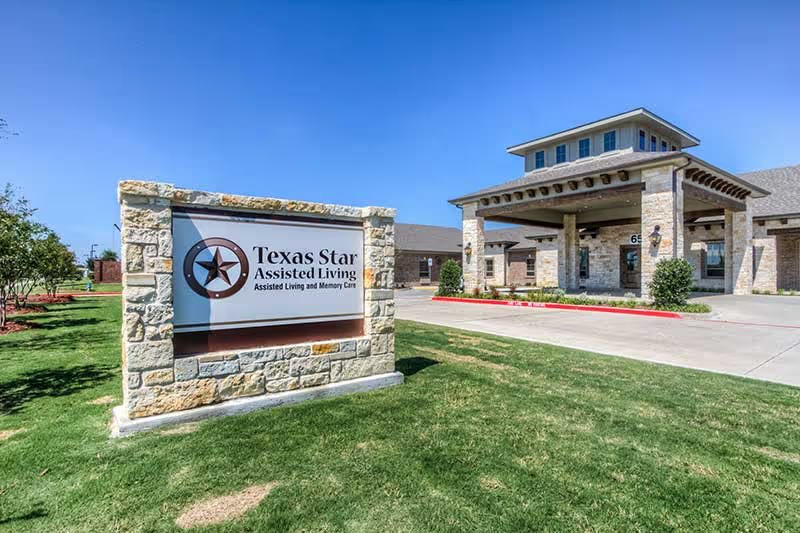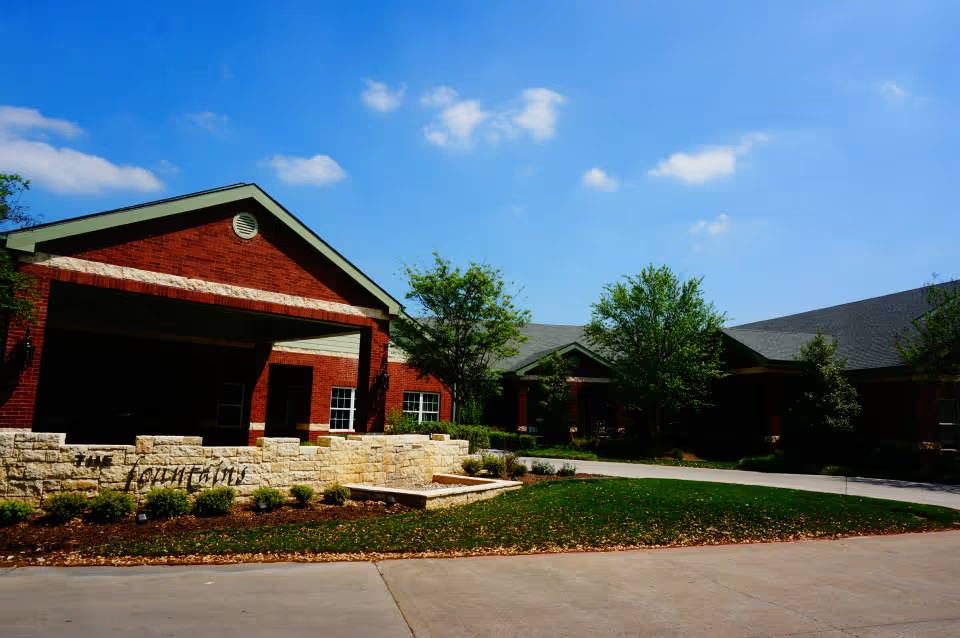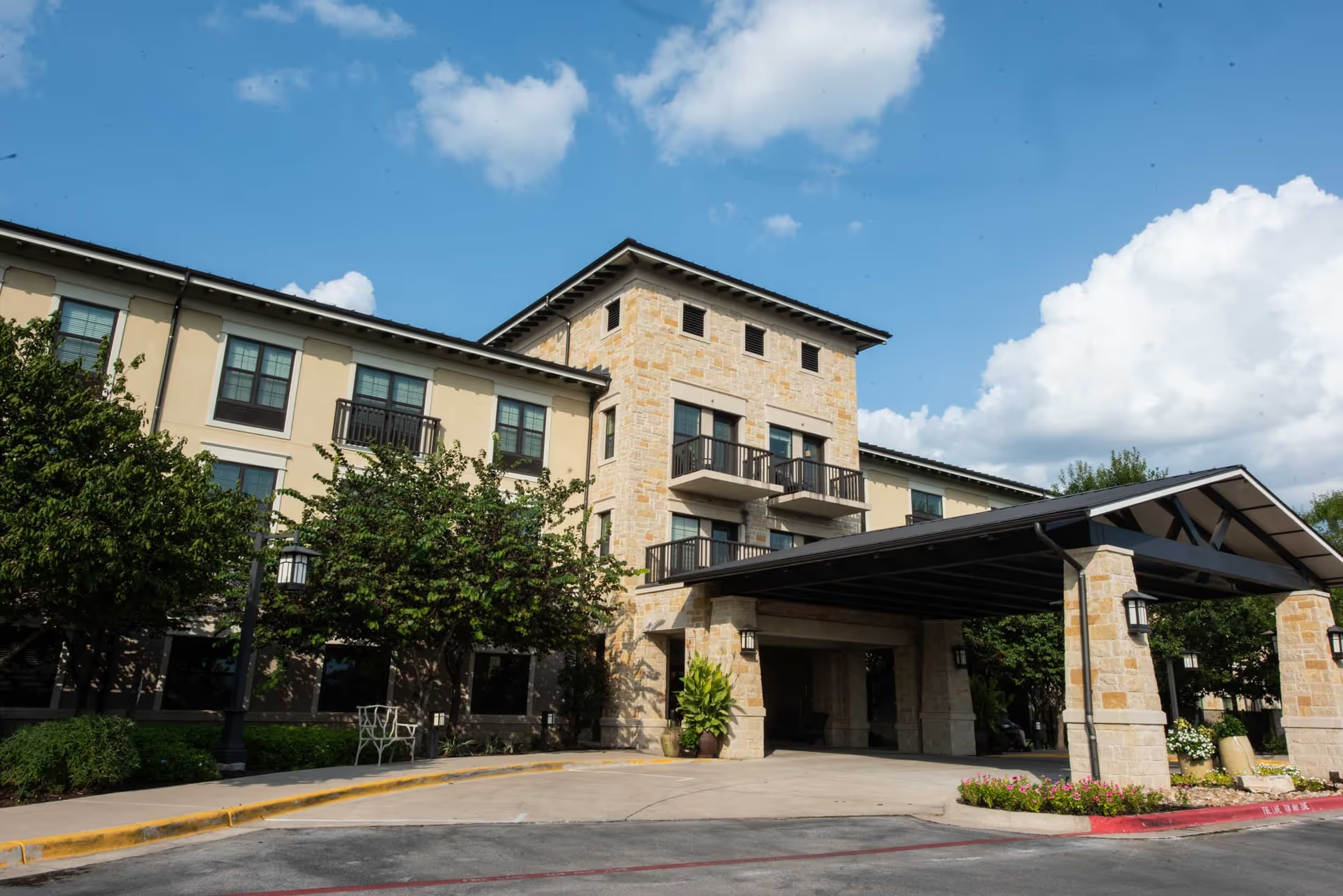Overall impression: Reviews for The Hamptons of Tyler are strongly mixed and polarized. A substantial number of residents and family members describe a beautiful, amenity‑rich community with compassionate, attentive staff and a vibrant activity schedule, while a significant portion report systemic problems — especially in recent years — including high staff turnover, management issues, safety concerns, and administrative failures. The result is a rollercoaster reputation: many glowing, even “world class,” testimonials coexist with multiple reports of neglect, medication errors, and unresolved maintenance and billing problems.
Care quality and staffing: Care experiences vary widely. Many reviewers praise individual caregivers, nurses, and activity directors for going above and beyond, forming family‑like bonds, and delivering excellent hands‑on care, crisis response, and hospice support. However, a recurrent and prominent theme is chronic understaffing and frequent staff turnover. Numerous reports attribute declining care to staffing shortages and loss of long‑time employees — in particular after an ownership change to Civitas — and memory care staffing shortages are called out repeatedly. The staffing instability has been linked to missed or delayed medication administration, slow responses to call buttons and falls, falsified documentation allegations, and instances where residents were moved to other facilities for safety. Some families report prompt, daily nurse check‑ins and good communication, while others describe inattentive staff, phone use during care, and unmet promises (such as a buddy program that never materialized).
Management, ownership, and administration: Several reviewers credit particular leaders and front‑line managers with strong, compassionate leadership; others describe inexperienced, absentee, or unqualified executives and accounting/management teams that are unresponsive or rude. There are multiple accounts of deterioration after a change in ownership (Civitas is specifically mentioned), with longtime staff leaving and a perceived drop in leadership quality. Billing and administrative problems are frequent enough to be a pattern: billing errors, misapplied payments, unexplained charges (including being billed after move‑out), aggressive collection tactics, and charges for optional services not used. Families repeatedly asked for clearer accounting breakdowns and better responsiveness from the business office.
Safety, medications, and emergencies: Safety is a major recurring concern for detractors. Reports include medication mismanagement, medication list mismatches, adverse medication reactions, delayed or slow responses to emergency call buttons, and falls that led to hospital visits. Conversely, some families highlight rapid crisis management — such as during severe weather — and daily updates during critical situations. Given these conflicting reports, medical reliability appears inconsistent and families emphasize that current staffing, training, and leadership are critical to safe care.
Facilities, maintenance, and cleanliness: The physical campus is frequently praised: attractive layout, large apartments (some with full kitchens and screened balconies), pool, gym, library, art department, and abundant common space. Many describe immaculate grounds and hotel‑like spaces. Nevertheless, maintenance and cleanliness issues recur in the negative reviews: long elevator outages leaving residents to use stairs, unresolved repairs, bug problems, cooling/heating complaints, delayed laundry return, trash and sheet change promises not kept, and sometimes urine odors or unsanitary conditions. These issues are reported alongside positive accounts of prompt repairs and well‑kept grounds, again reflecting inconsistency across time or different leadership periods.
Dining and activities: Dining receives mostly positive remarks for portion sizes, salad bar, and specific tasty items (banana bread, chef meals), but other reviewers cite repetitive fried menus and uneven quality. The community offers a wide spectrum of activities — exercise classes, bingo, live music, art, volunteering, outings, and memory‑care‑specific programming — and activity staff are commonly praised for engagement and holiday decorations. That said, some activities are criticized for not being accessible to residents with hearing impairment or limited mobility, and there is a desire among some families for more exercise/rehab equipment and tailored programming.
Memory care: Memory care is another polarized area. Several reviewers commend the memory‑care unit’s design (private‑room feel), compassionate employees, and particularly strong activities programs that engage residents mentally and physically. Conversely, others report ongoing challenges in memory care: staffing shortages, missing med aides, medication errors, and a perceived drop in oversight and leadership after ownership changes. These mixed experiences suggest variability in staffing stability and management focus for memory care specifically.
Costs and value: Reviewers frequently note that The Hamptons of Tyler is an upscale, well‑located community with a price to match. Some feel the fees are reasonable given amenities and savings on home maintenance, while others say the small room sizes, declining service, or inconsistent care do not justify the cost. Billing mismanagement has also caused financial stress for some families.
Patterns and practical advice: Two clear patterns emerge. First, the community has many strong features — campus, apartments, activities, and standout staff — that make it a desirable option when run well. Second, there are consistent, recurring complaints about staffing, management, medication handling, maintenance, and billing that materially affect resident safety and family trust. Several reviews tie the negative trends to a specific ownership transition (Civitas) and leadership changes, suggesting quality can vary with administration. Prospective residents and families should tour multiple times, ask specific questions about current leadership, staffing ratios, medication protocols, emergency response times, recent maintenance history (including elevator reliability), and billing practices. Speak directly with current families and request documentation of recent inspection or incident history.
Bottom line: The Hamptons of Tyler can offer an excellent, activity‑rich, and comfortable senior living experience — supported by many heartfelt endorsements — but it also shows systemic and recurring issues that have led some families to move loved ones elsewhere. The experience appears highly dependent on current management, individual staff members, and recent staffing stability. Thorough due diligence and direct, up‑to‑date verification of staffing, medication procedures, maintenance responsiveness, and billing practices are essential before making a placement decision.







